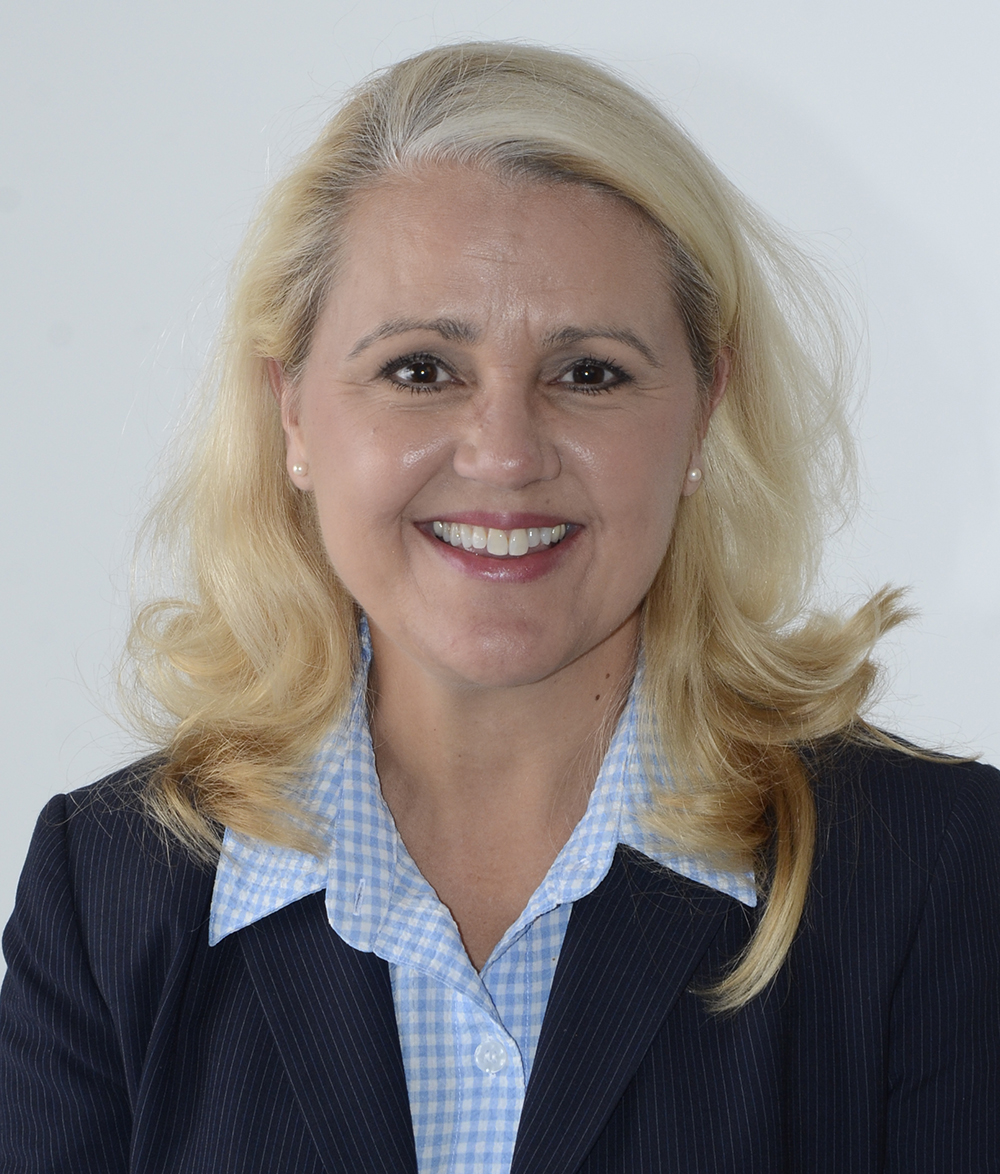We have given names, bestowed upon us at birth by parents who liked the name or that represent some family history or legacy.
We have surnames or last names that are inherited and identify our familial lineage.
Names may change with changes in status, such as a marriage; when a new pope ascends to his new role, he abandons his baptismal name for one to reflect the type of policies he'll enact and who'll he'll emulate.
Recently a few situations have caused me to reflect on reputations, descriptive distinctions and the rhetorical question "What's in a name?"
I recently had a phone conversation with a successful business colleague who had just left a meeting in which Chattanooga was referenced as one of the "most corrupt places" in our state. This label was used as this out-of-town company discussed the need to hire a Chattanooga-based attorney to "help navigate" some of the obstructions anticipated in doing business in our city.
Wow.
Is one called "successful" or "corrupt" when one's achievements result from an uneven playing field?
This could be asked of many in business who enjoy access to funding or other resources through government connections or political favors that remove the risk experienced by others with whom they compete.
Is one called a "leader" or a "puppet" when his or her very existence is dangling at the end of strings of talking points, wealthy donors or corporate interests rooted in compromising practices?
Asking this question may ruffle feathers, but those who are elected or corporately hired to lead should not have practices which reward behavior that is less than ethical.
Is one called "fair" or "unethical" if rules and laws are applied in an arbitrary fashion rather than an equal fashion?
Governments, businesses and individuals may be asked this question based on the too-frequent "interpretation" of codified principles, regulations and laws that benefit some while being costly to others.
As parents, we caution our children to choose friends who won't harm their reputation as a result of misdeeds or deviant behavior. We frequently emphasize to our children the importance of building character and operating in goodness. In these admonitions, we teach our children that lying, cheating and stealing are wrong.
So, why is it adults don't embrace this same advice?
Is an honorable reputation less valuable when "deals" with monetary gain hang in the balance?
Is the value of a "good name" diminished as position and status of an individual, a company or a local government take priority?
Are the virtues of honesty, decency, respectability and integrity inversely valued as one ages due to the need of climbing the ladder of success or running a successful business?
These are sincere questions seeking sincere answers.
On two occasions in very recent weeks, I've had the experience of speaking to our grown children about situations they've witnessed and experienced involving those who seem to succeed without effort and/or without ethics.
This coupled with the phone call naming our city as less-than-honorable in its business practices prompts two more questions: Chattanooga, parents, neighbors, and business colleagues, is a good name really more desirable than great riches, as noted in Proverbs? Do we dare walk the talk we teach our children?
Maybe we should embrace the simple declaration of Dr. Seuss: "Today I shall behave, as if this is the day I will be remembered."
Robin Smith, immediate past Tennessee Republican Party chairwoman, is owner of Rivers Edge Alliance.

